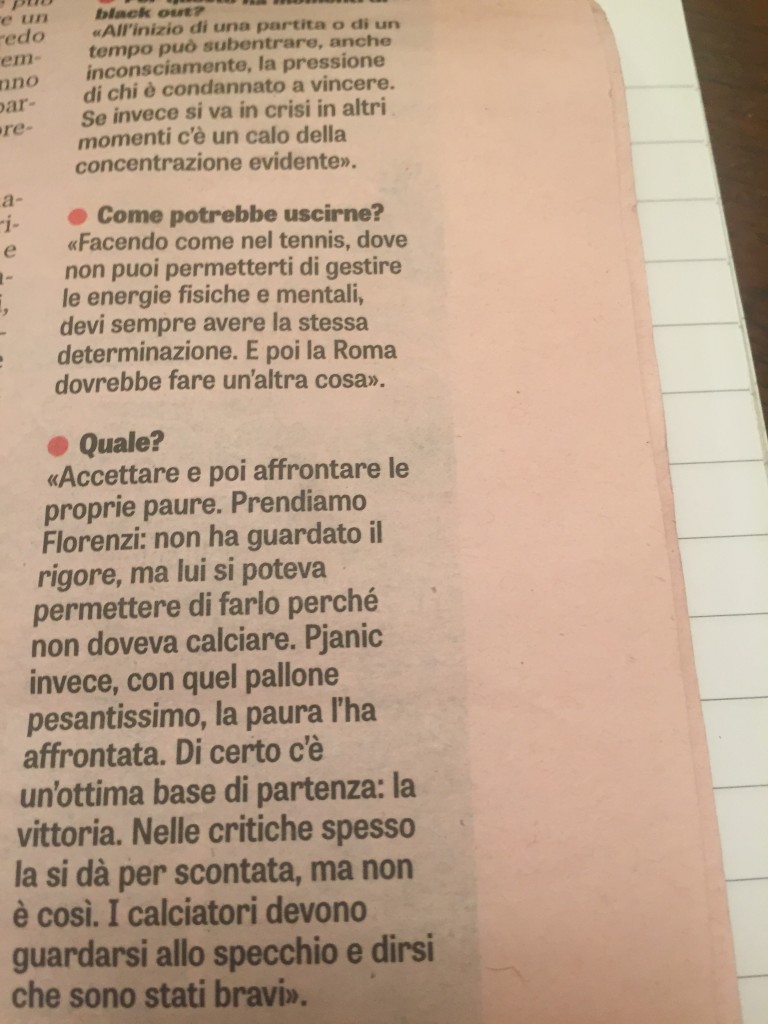“The advantage of playing at home is universal in sports. Major-league baseball teams consistently win 54% of their home games, while their hockey counterparts take over 60%.
In many of the NBA’s early seasons, home teams were regularly winning 66% of their games. But why?
Perhaps home fans cheer on their local heroes to incredible feats. Perhaps the bed in a superstar’s mansion is more comfortable than the road hotel’s. Maybe stadiums have been fine-tuned to the liking of the home team. Maybe jet-lag hinders performance.
Or maybe, under pressure from roaring and judgmental local crowds, it’s the officials.
Since March 2015, the NBA began assessing referee calls (and notable non-calls) in the final two minutes of all games within five points, posting daily reports on its website. Last month, The Pudding compiled the data and open-sourced the results for public analysis.
Does the home team receive favorable officiating? Does it explain the NBA’s home-court advantage?
We can break down NBA calls into three categories: correct calls, incorrect no-calls, and incorrect calls:
In every category, the home team benefited.
In recent years, in basketball and elsewhere, the home advantage has been evaporating. The decline has been slow and steady in English soccer over the past century. In baseball, where home-field advantage has been at some of its weakest levels in recent years, it’s thought that closer supervision of umpires may be to thank.
And perhaps it shall be in the NBA, as referees come under more scrutiny, it disappears in basketball too.
The two-minute database will continue to grow, and we’ll continue to learn more about how refereeing affects outcomes.”
(By Oliver Roeder)
Home Court Advantage by Referees’ Calls
Team benefiting from correct calls
(Refs correctly called an infraction against the other team)
Home team - 51%________________49% - Away team
Team benefiting from missed calls, an incorrect no-call
(Refs let team get away with infraction)
Home team - 52%_______________48% - Away team
Team benefiting from incorrect calls
(Refs screwed up – called an infraction on the other team)
Home team - 56%_______________44% – Away team









